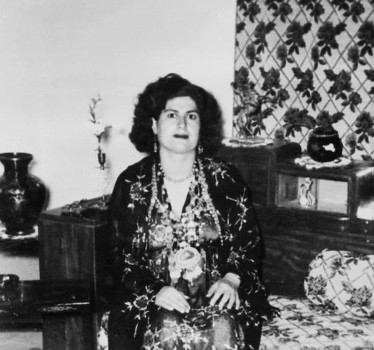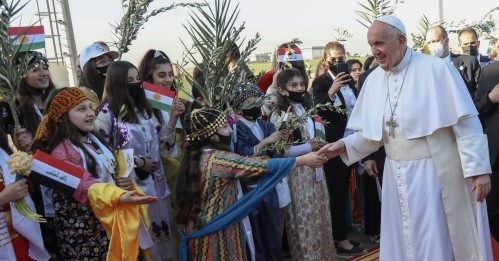The Kurdish struggle for freedom has experienced many ups and downs over the past century. Following the overthrow of the monarchy in Iraq in 1958, the Kurds were hopeful that the establishment of a republic would address the Kurdish question. The hope was strengthened by the promises made by Abdul Karim Qasim, the Prime Minister of the newly formed Iraq. His assurances paved the way for the return of General Mustafa Barzani, the leader of the Kurdish freedom movement at the time, from the Soviet Union to Iraq.
Although Qasim had promised Kurdish autonomy to gain General Barzani’s support for his policies, he later failed to honor that promise once he felt his government’s position was secure. This left the Kurds with one option: returning to the mountains to fight another revolution for their basic rights.
This revolution, lasting from 1961 until 1970, is known as the First Iraqi-Kurdish War, or the Eylul (September) Revolution in Kurdish. While leading thousands of fighters in the mountains during those years, General Barzani also introduced the Kurdish cause to the international community, including the United States.

Recently, Kurdistan Chronicle gained access to a handwritten letter from General Mustafa Barzani to then-U.S. President John F. Kennedy. The letter was sent to the White House through the U.S. Embassy in Tehran. What makes the letter from 1963 relevant in 2025 is the demands of the Kurds are the same after more than six decades. Below is the letter, translated from Persian into English.

Through the Embassy of the United States of America in Tehran
July 12, 1963
Your Excellency Mr. President Kennedy
We are confident that the diplomatic officials of the United States of America are well aware of the case of our Kurdish nation in Iraq. We have repeatedly asked the former and current governments [of Iraq] for rights that align with the Universal Declaration of Human Rights and the Charter of the United Nations. We seek and wish for nothing more than our just and national right, which is autonomy within the government of Iraq. However, after two years of war and bloodshed with Abdul Karim Qassim’s government, which led to the revolution on February 8, 1963, and as it is clear to the world that we, the Kurds, have halted the violence to prevent bloodshed and civil war and have entered into peaceful dialogue with the new government of Iraq expecting that our legitimate rights will be secured. In this aim, we have spared no efforts to show our good will and facilitate the process.
Again, the world witnessed that the new government of Iraq has violated each and every promise it has made and has launched a large-scale, continuous, and brutal attack against the Kurds, who make up a quarter of the Iraqi population. [The Iraqi Government], similar to Hitler’s fascist regime, follows a scorched-earth policy that creates an environment that is a disgrace to mankind in the 20th century.
Now, the persecuted Kurdish nation, which has been fighting for the past two years for its legitimate rights and has never received help from any states big or small, is hoping that your excellency and the noble people of America can offer their crucial assistance so the Kurds can finally gain their right to autonomy within Iraq. This will help prevent bloodshed and put an end to oppression against the Kurds in Iraq. We hope that you will use your personal and national influence to end this situation as soon as possible, so that another chapter will be added to the glorious history of America’s pioneering role in supporting democracy.
We impatiently look forward to seeing your action, as well as a positive and reassuring response from your excellency through the person who delivers this letter.
Please allow me to also give my regards on behalf of the Kurdish nation to your excellency and the peace-loving nation of the United States of America.
Mustafa Barzani
Sardar Sattar is a translator and journalist based in the Kurdistan Region. He has translated several books and political literature into Kurdish and English. He writes regularly for local and international newspapers and journals.

